"It hurts when you lose someone like that" - Soudal - Quick-Step scout who signed Alaphilippe and Magnier reveals the rider who got away
CyclingWednesday, 12 March 2025 at 11:00
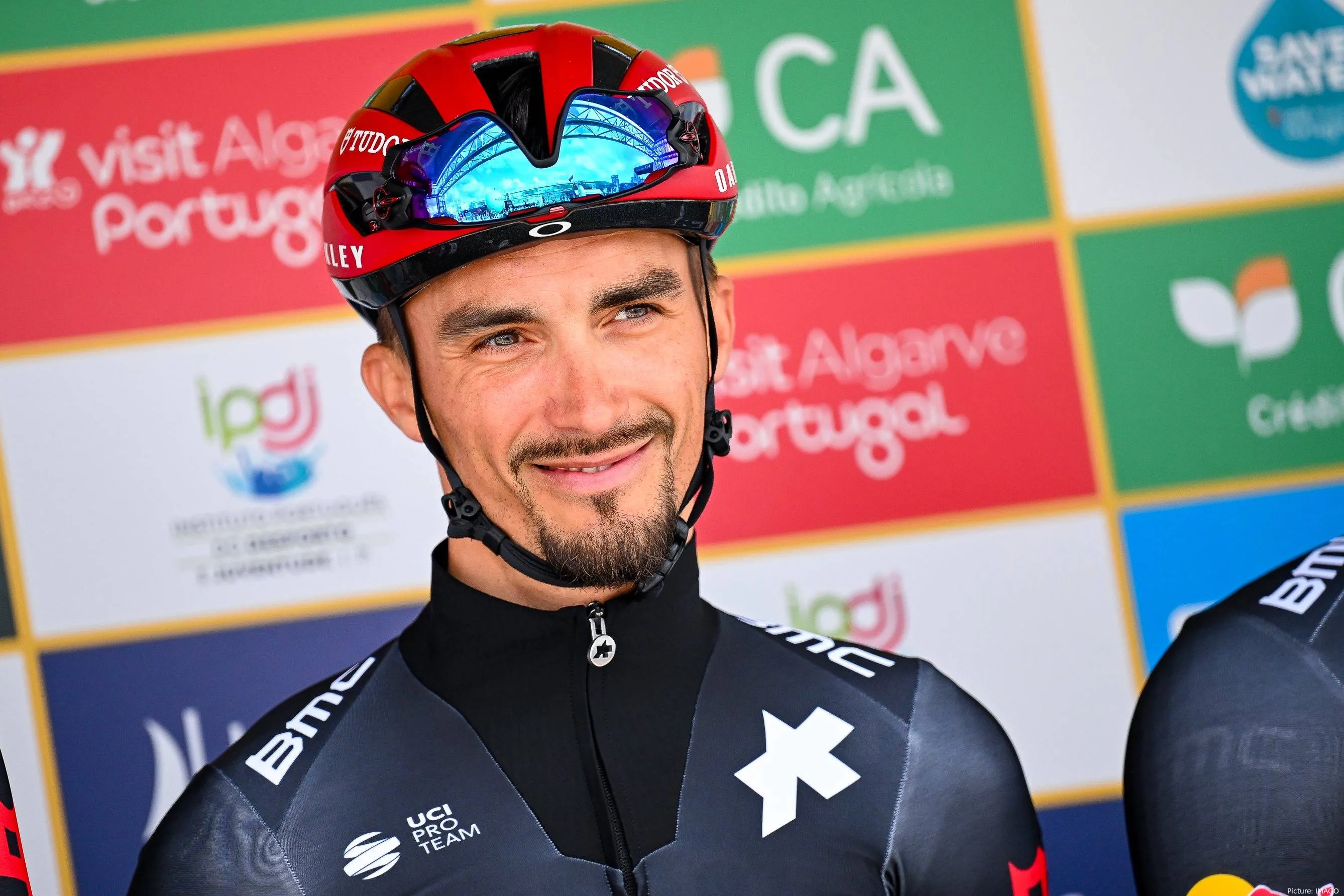
Soudal – Quick-Step’s top scout Johan Molly has built a
reputation for discovering some of the brightest talents in cycling, having
played a crucial role in securing Julian Alaphilippe and Paul Magnier for the
team. However, in a recent episode of De Koffiestop, he opened up about one
that got away: Antoine Salamin, a 17-year-old Swiss rider now part of Visma’s
development setup.
Molly has seen firsthand how the landscape of talent
scouting has shifted, with young riders being approached by management agencies
at an increasingly early age, much like in football. The battle to sign the
best young cyclists has never been more competitive, and Molly admits that agents
and financial promises have made his job much harder.
Read also
"There have never been so many scouts from management
agencies on the races. There are boys of 16 who already have a manager. They
then drive them crazy by saying that they can already earn 200,000 euros
through them as a junior. And I have to compete with that as a scout," he
explained to Sporza at the back end of 2024.
The competition for Salamin was particularly intense. Molly
was first tipped off about the young Swiss talent by Laurent Dufaux, the former
Dauphiné winner who now manages a Swiss development team where Salamin’s brother
also rides. Dufaux’s description of the youngster immediately caught Molly’s
attention.
Read also
"Last year I had a special case. I was tipped off by
Laurent Dufaux from Switzerland," Molly recalled. "He sent me: 'We
have the new Fabian Cancellara.' I got the phone number and called his dad.
After that, it was like: can we have another chat with a team manager next
week? Another video call."
From that moment, what should have been a straightforward
recruitment process became an exhaustive pursuit, filled with multiple rounds
of discussions.
"I was on five video calls and hadn't spoken to the
rider himself. Then they asked if they could send an email with a few
questions. Questions like: how are you going to run the junior team? What are
you going to do with the budget, and how big is the budget? It was like an exam
for me."
Read also
Despite the bureaucratic hurdles, Molly eventually met
Salamin in person.
"Dad and son drove over the border from France in the
camper for an hour and a half. He started talking about a contract, but I
couldn't give it to him. There were seven other WorldTour teams that wanted
him."
At that point, the reality of modern talent scouting became
clear. Even for a team like Soudal – Quick-Step, which has developed some of
the biggest stars in cycling and right now has Remco Evenepoel leading the team,
there are no guarantees when it comes to securing young talents.
Molly’s pursuit of Salamin came to an abrupt and frustrating
end when he was forced to detour on his way back from Switzerland.
Read also
"When I was leaving Switzerland, a team manager from
the Baby Giro called to say that the Mont Blanc tunnel was closed. I was a few
kilometers away, but had to make a complete detour."
By the time the situation settled, Salamin had already
committed to Visma.
"The result was that two weeks later, I received a
message that he would not be joining us, but that he would be going to Visma.
That kind of thing hurts. In the Chrono des Nations, I saw him as a
sixteen-year-old boy riding an average of 46 kilometres per hour on a regular
bike. It hurts when you lose someone like that."
Read also
Molly’s disappointment is understandable. Salamin is clearly
a rider of immense potential, and seeing him develop under a rival team’s setup
is a tough pill to swallow. However, this is the nature of modern talent
scouting, a world where young riders are increasingly aware of their value, and
where teams must fight harder than ever to secure the next big star.
For Soudal – Quick-Step, missing out on one talented
prospect does not spell disaster, but it does highlight how cutthroat the
battle for emerging talent has become. With agents, big contracts, and
competing interests shaping the future of young cyclists, teams can no longer
rely solely on their history and reputation, they must continuously adapt to
the evolving landscape of rider recruitment.
Read also
claps 0visitors 0
Just in
Popular news
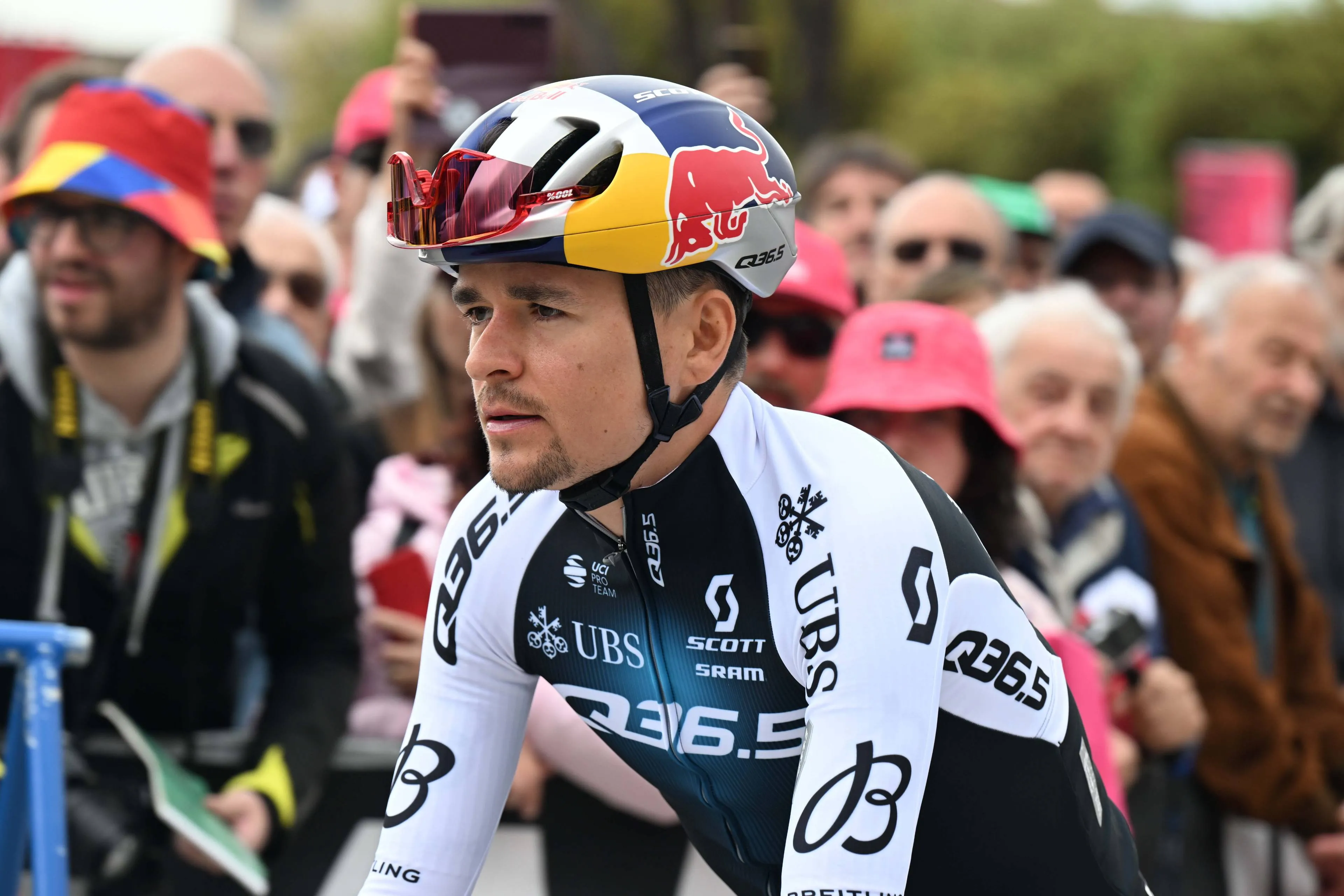
Jury & Fines Giro d'Italia 2025 | Update stage 12
May 22, 19:49
0
Latest comments
- "North American"adammyerson22-05-2025
- The more statements that came out from his mouth, the more I'm impressed with how he carries himself.
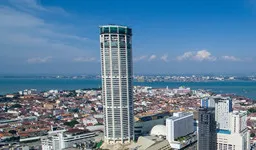 KerisVroom22-05-2025
KerisVroom22-05-2025 - What has it to do with us. It's between him and his employer. The crap about him having plenty money is irrelevant.Sabino22-05-2025
- lol, he knows how not to get into trouble with his teammates.
 KerisVroom22-05-2025
KerisVroom22-05-2025 - They use English as their common language but it doesn't mean they speak it well. I hope this kid gets a chance to go for it, he too could win.awp22-05-2025
- I don't mind seeing Froome in the peloton, but he's a multimillionaire, he shouldn't take money that could give a few young guys, maybe more, a spot on a pro team. If he wants to ride it should be for no salary or much less. I say this without really knowing what he is making now but I assume it's decent amount.awp22-05-2025
- Don't forget the roster is weak compared to the Tadej and Jonas show, Carapaz has won the Giro before back in 2019. He was the only guy who could match Tadej and Jonas in the mountains in the 2021 Tour. He could take this race.awp22-05-2025
- That does seem to be an ever more common motivation for sudden performance ;-)Mistermaumau22-05-2025
- He actually said it with gloves onMistermaumau22-05-2025
- I hope so. Or was it just to show that he is still worth another good contract?Cyclingsbestfan22-05-2025


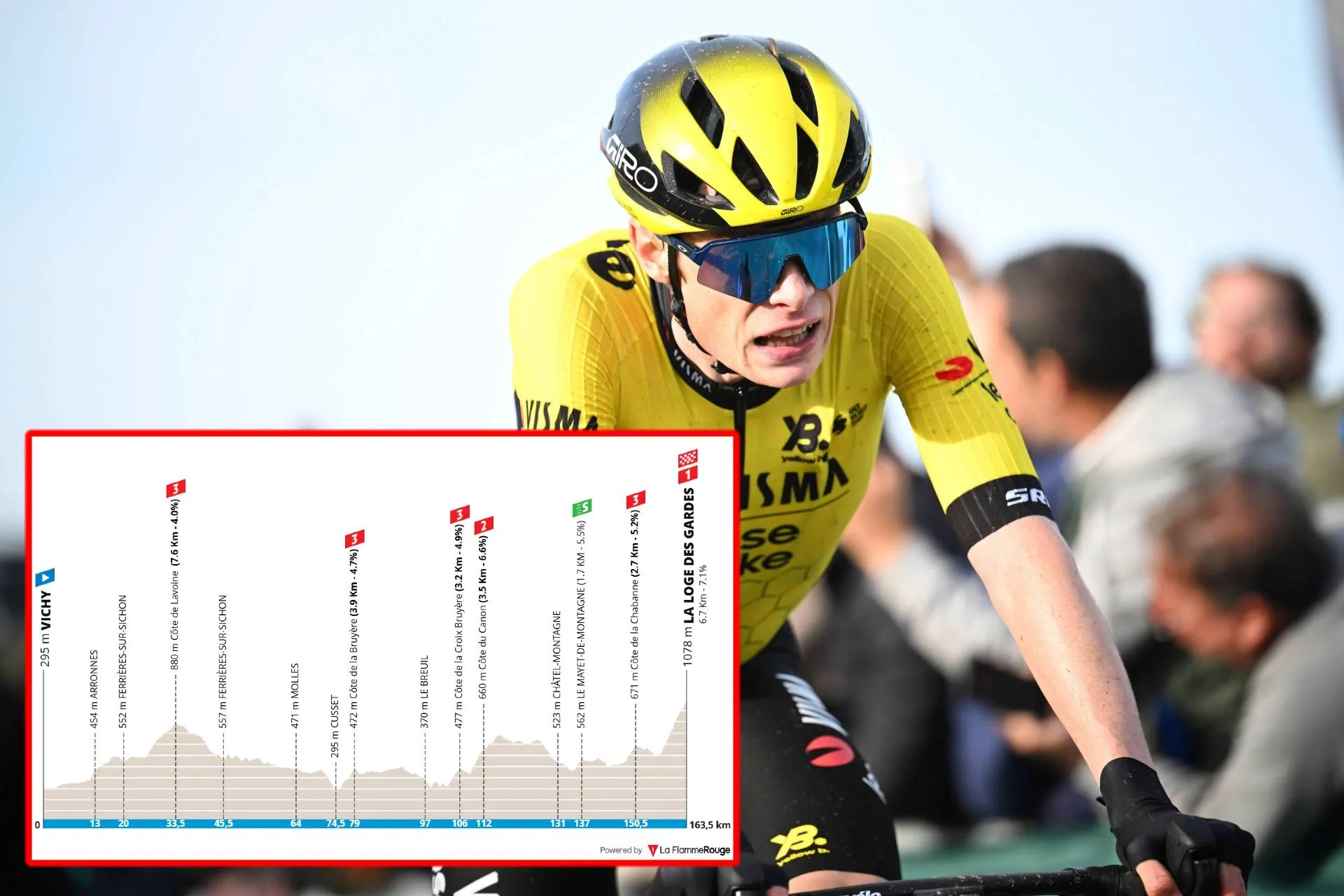
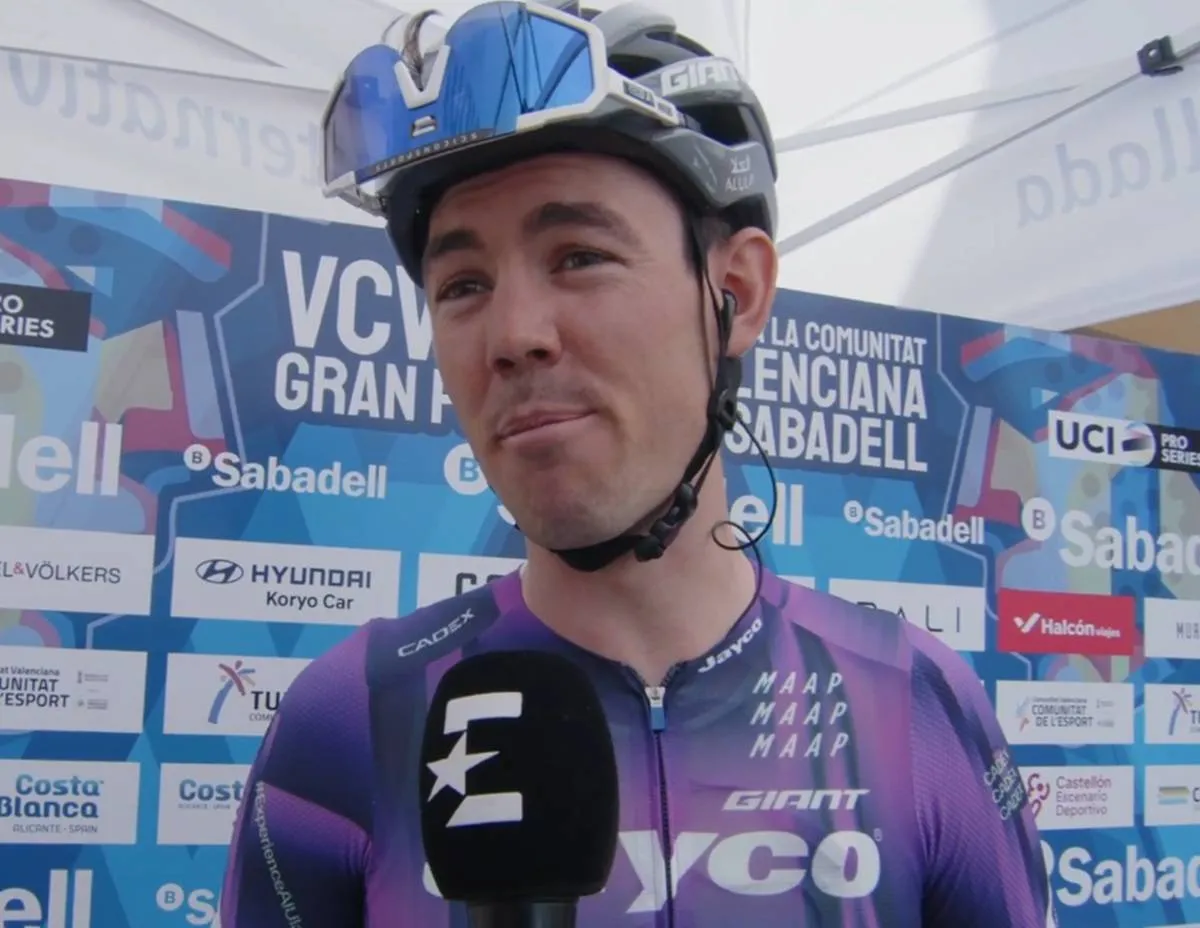
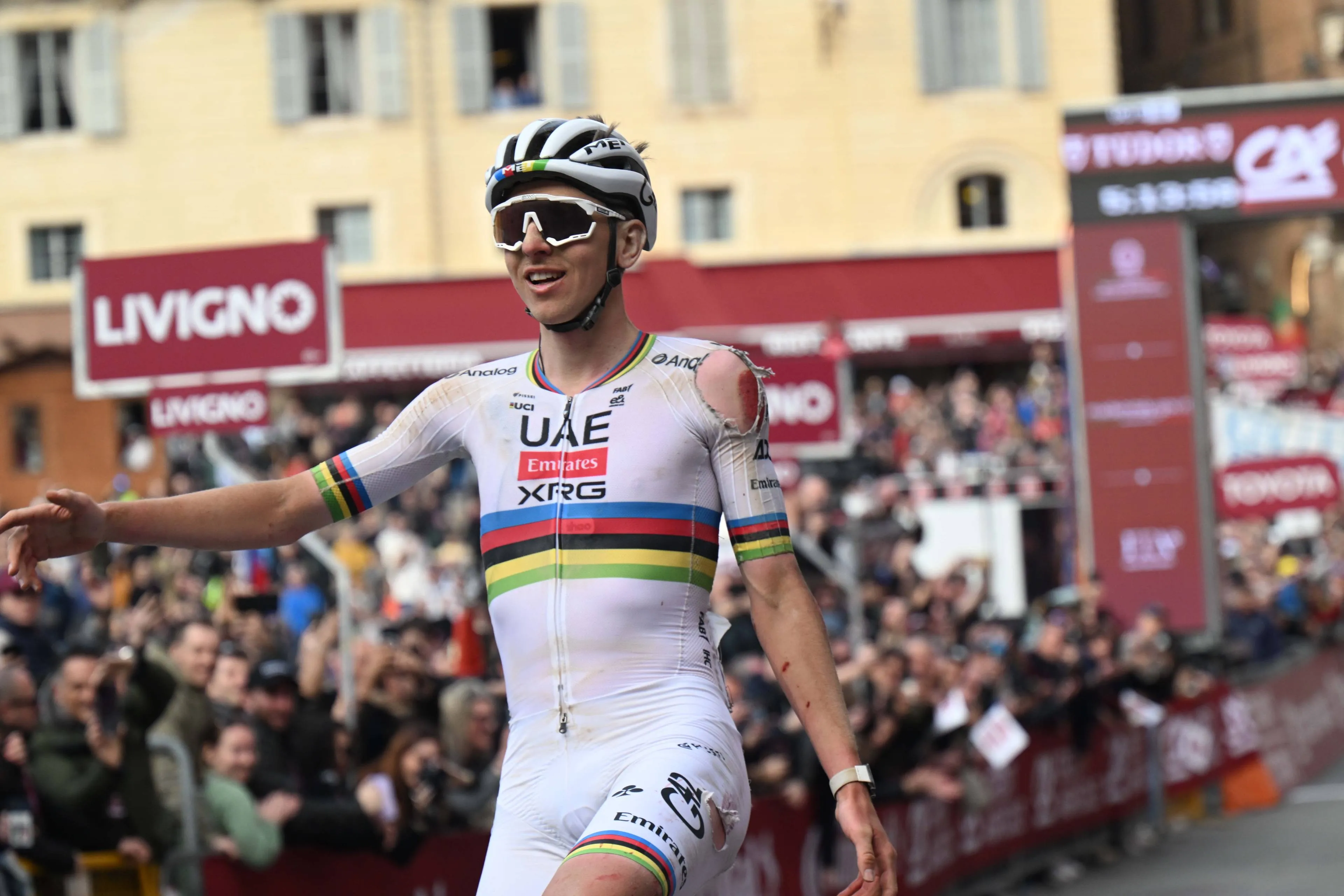
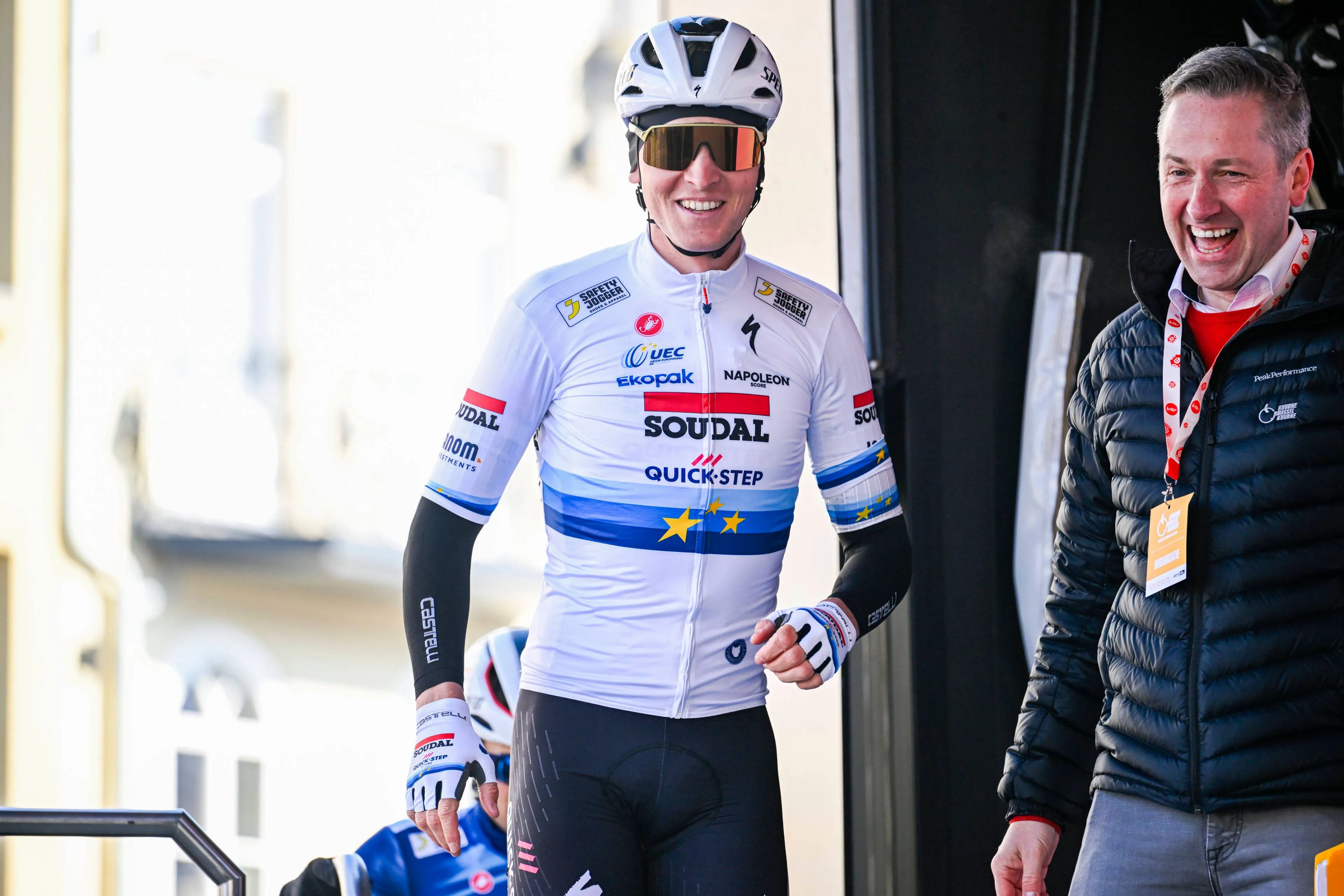
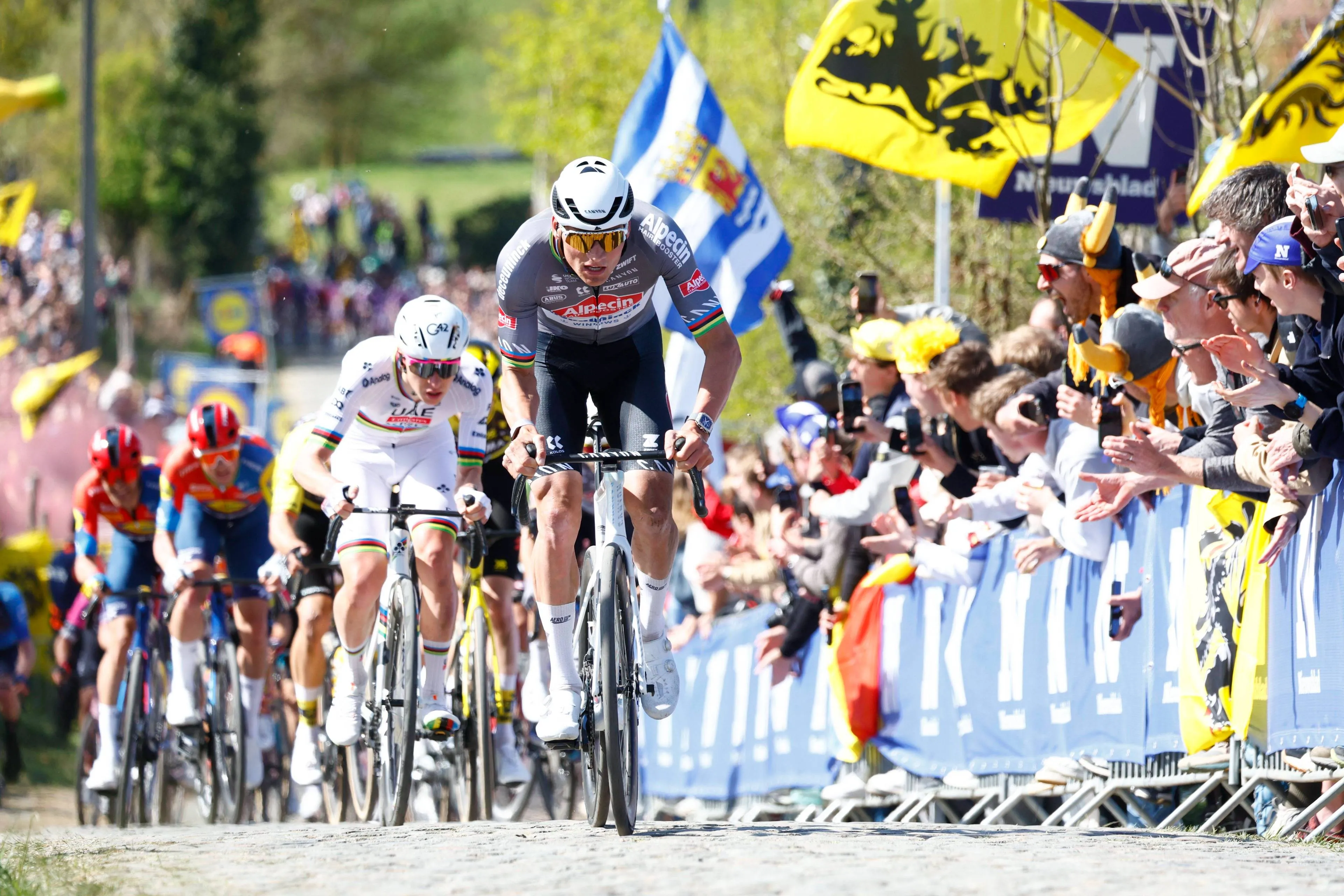
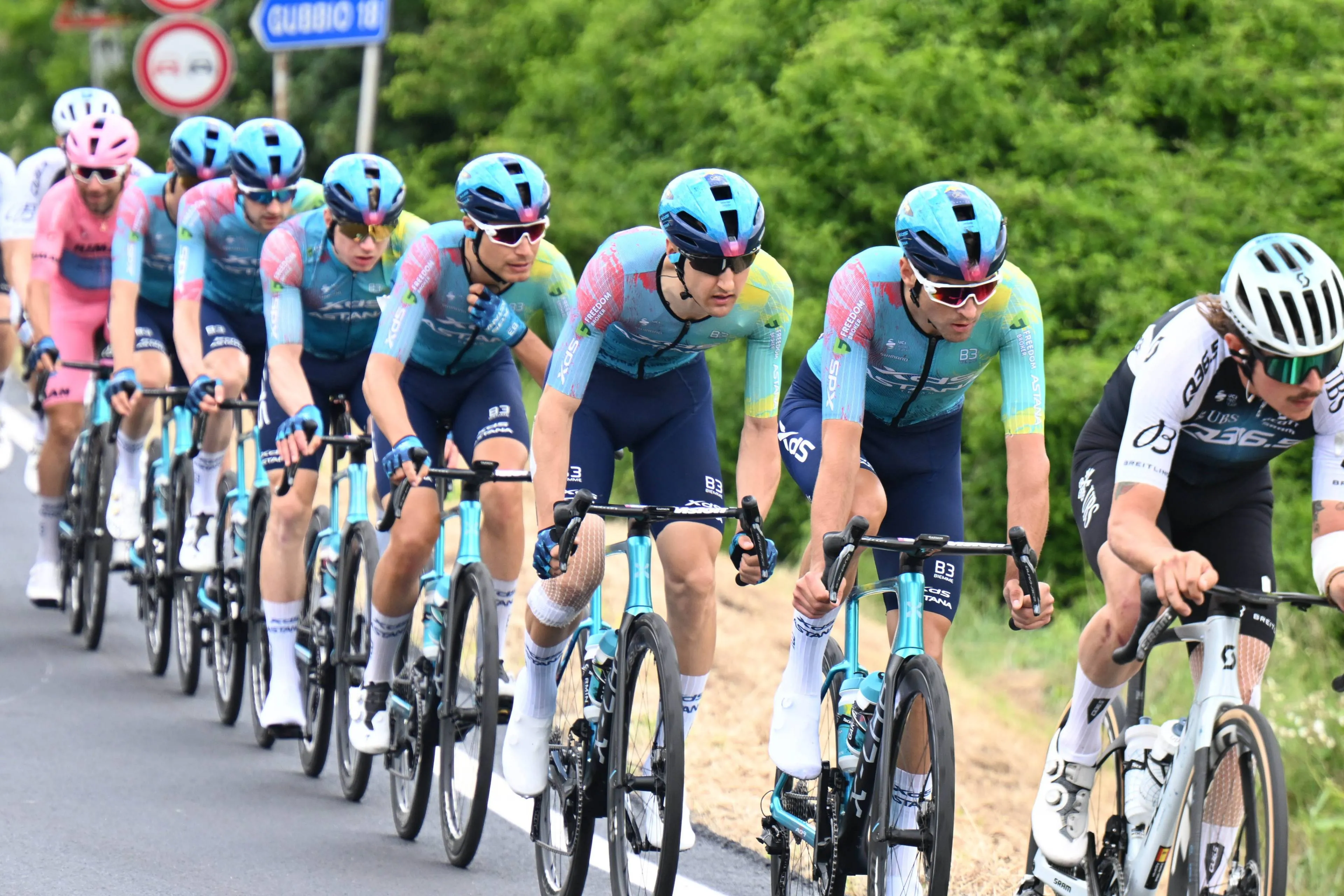
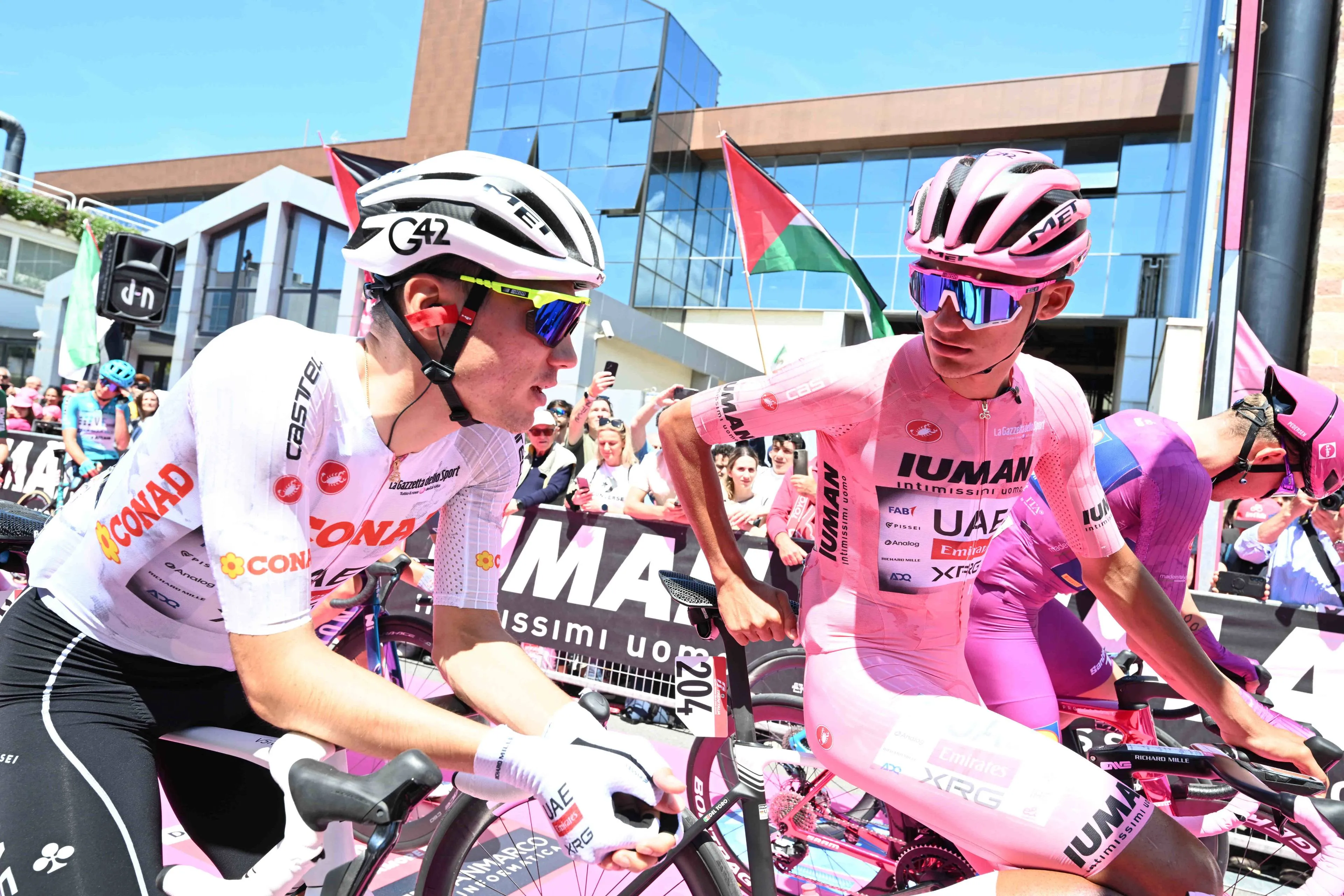
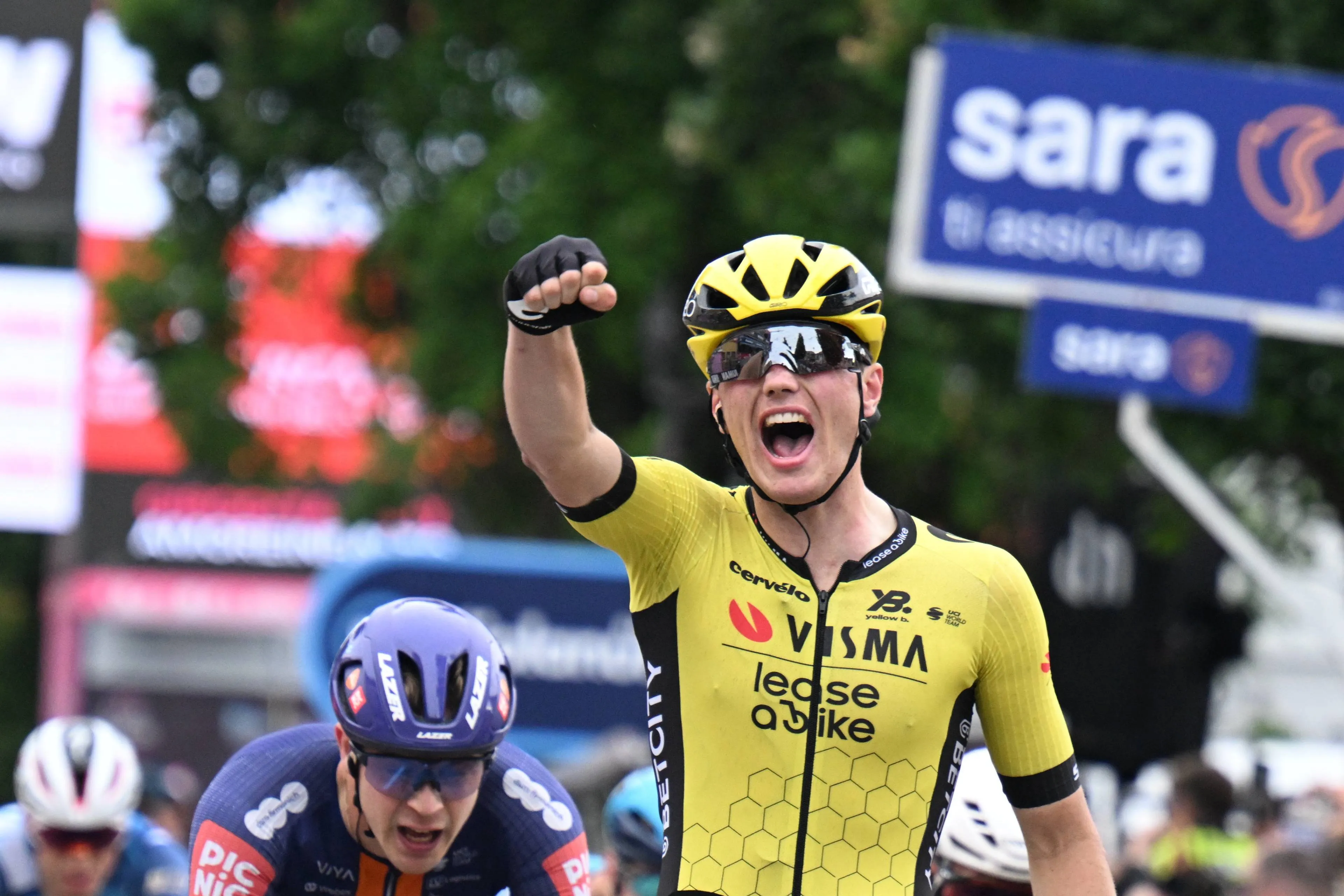
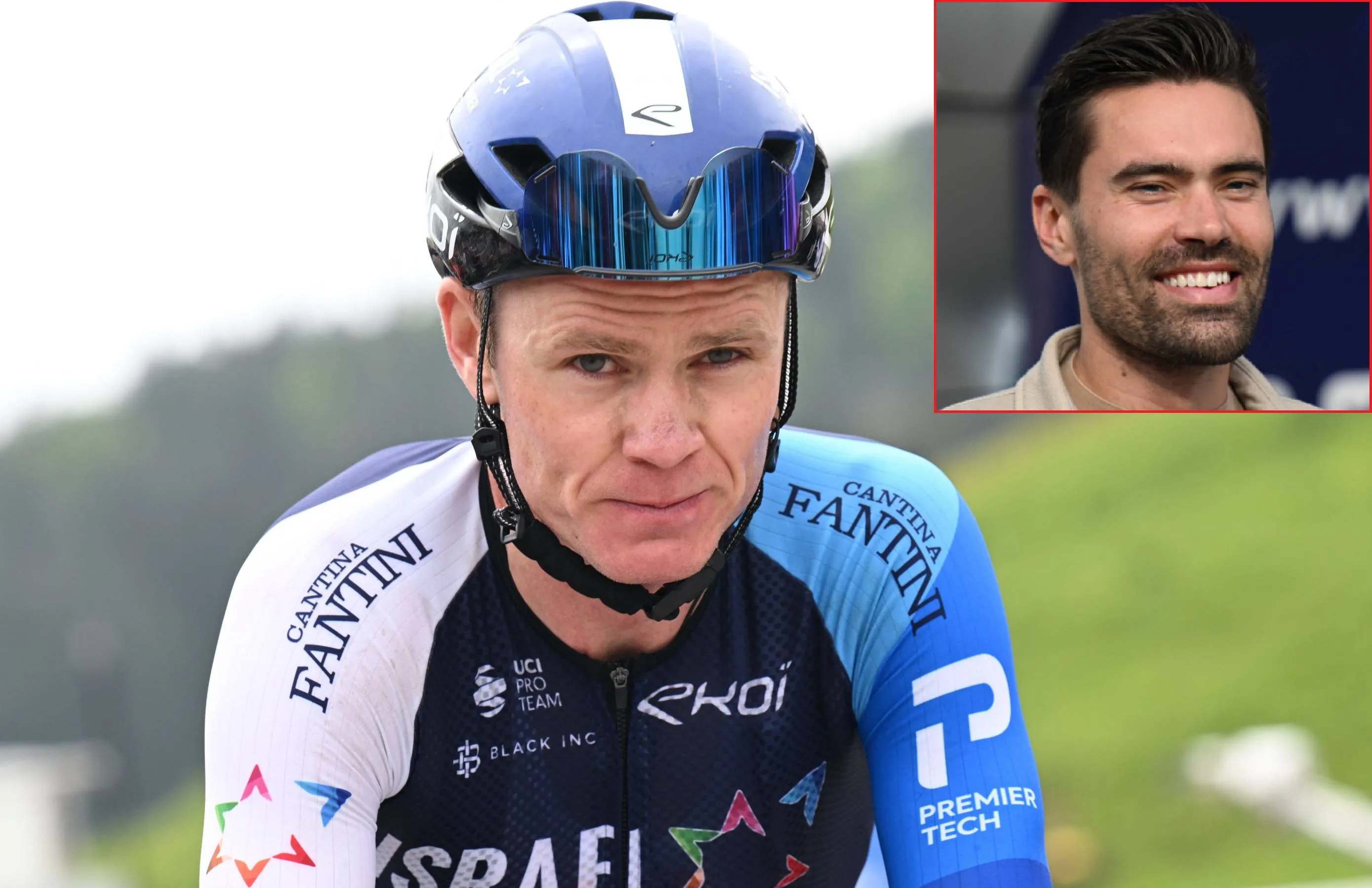
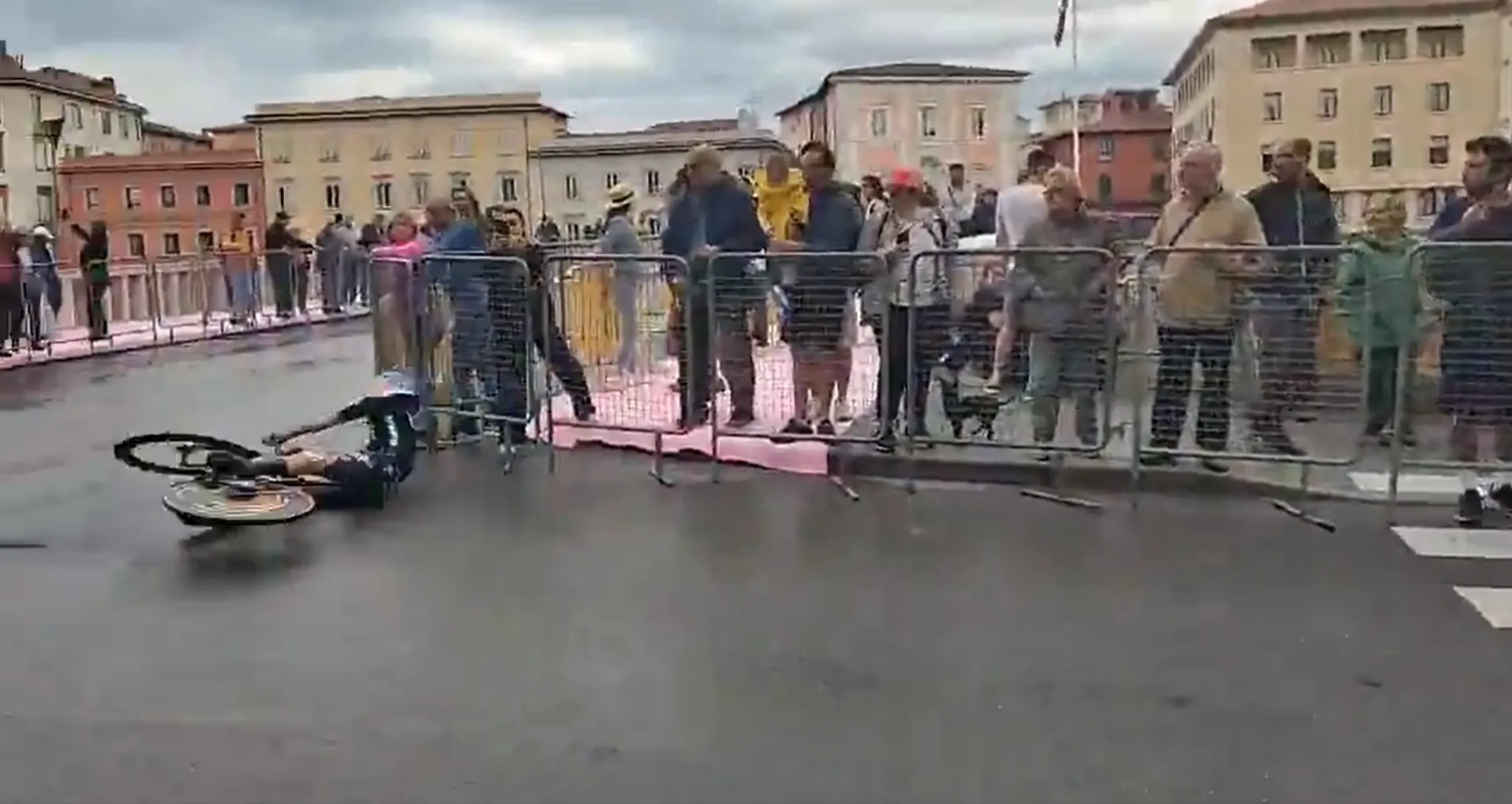
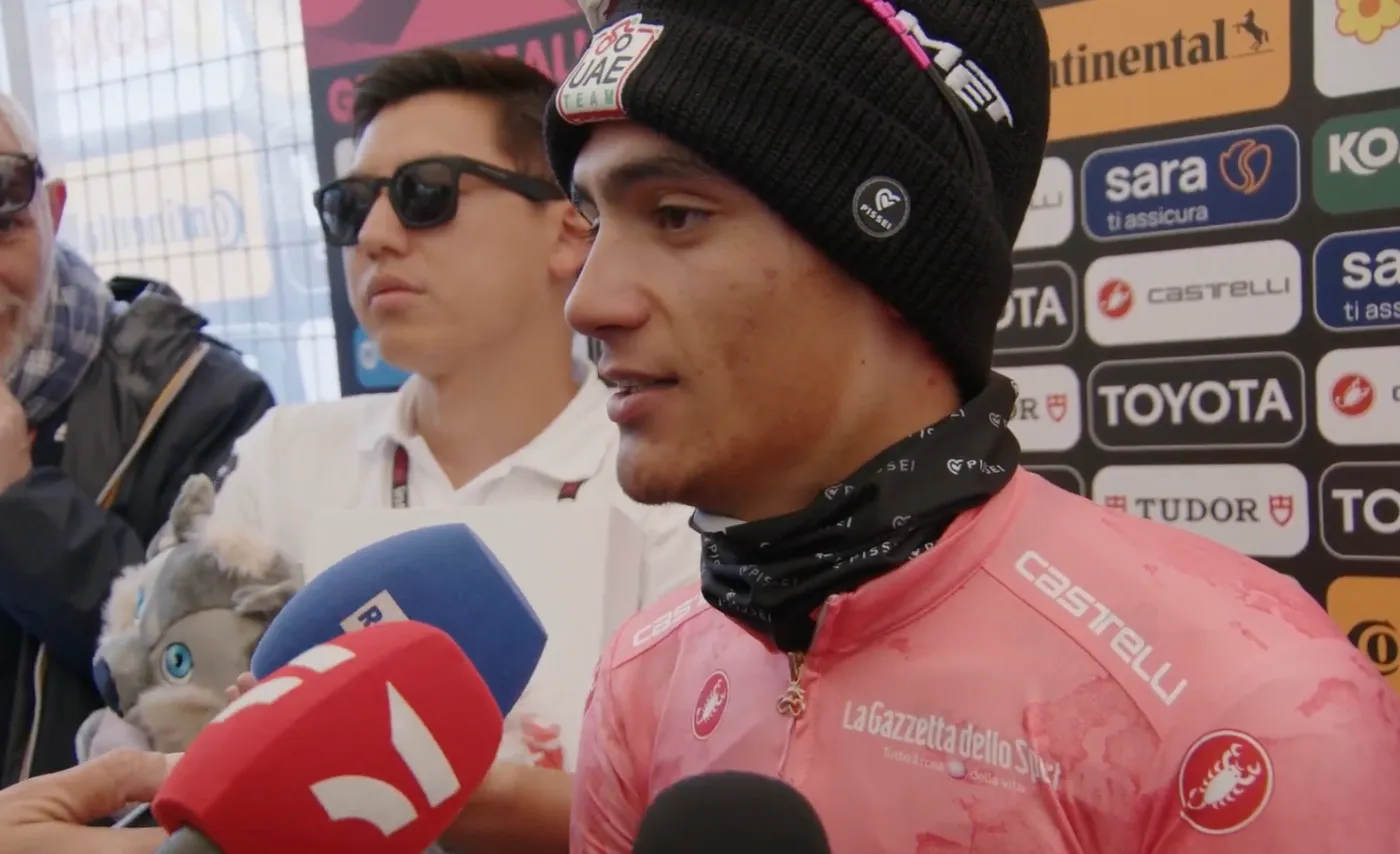
Don’t have much love for this profession or the way none of the work done pre-« discovery « is compensated in almost every sport. The grassroot clubs, volunteers that provide all the training, motivation and support for free for years continue to durton shoestring budgets forced to organise neighbourhood events do they can top up the kitty selling a few soft drinks and hot dogs sold by mums and dads. And then the big boys, so well surrounded by professional advice usually fiscally emigrate to avoid paying back the taxes that they don’t realise they took advantage of to get where they are.